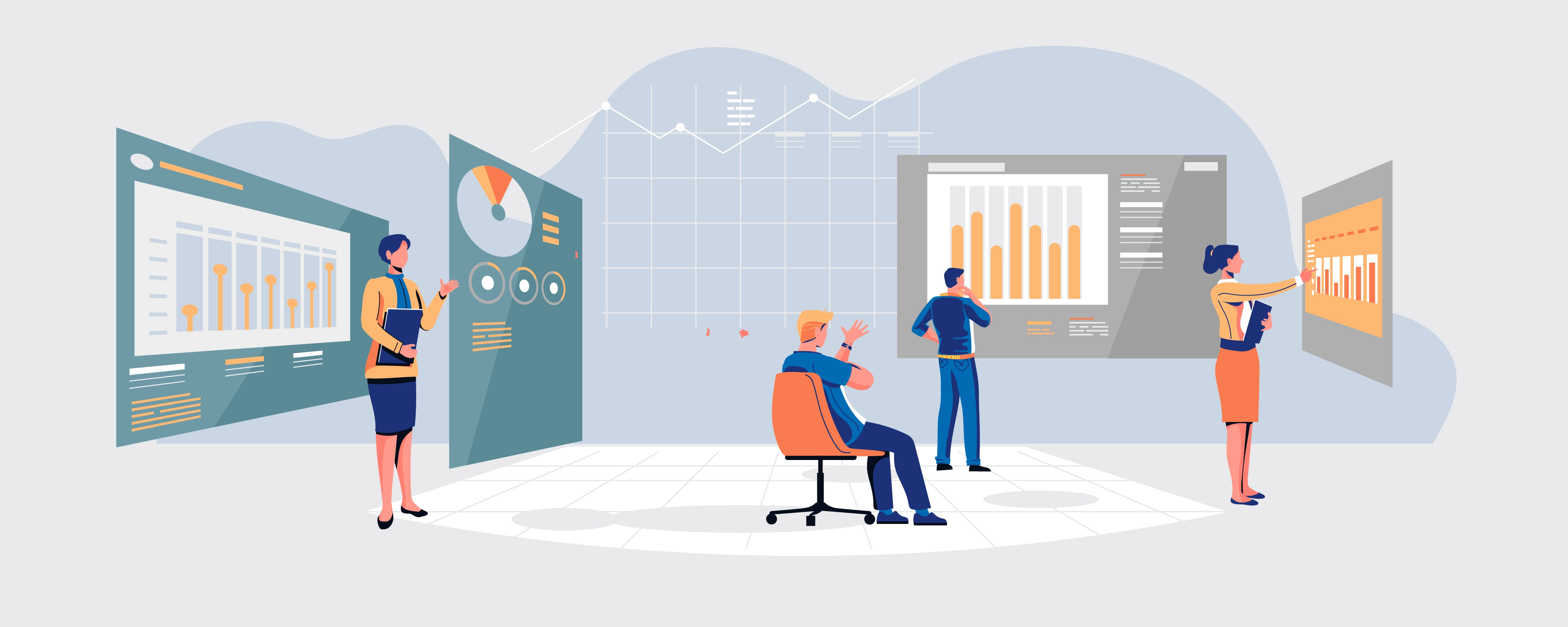Blogs
Services
Catering to Customers: The Significance of Personalized Customer Service in 2023
Aug. 10, 2023

Do you know what is the newest trend in customer service
which is taking brands by storm?
Knowing your customer is also known as personalization. Moreover, it is not a surprising fact that there is a tendency in humans to keep and love things that are more personalized to them. A great example of personalization in customer service is Zomato's approach, which their customers and other companies praise.
However, another thing is present on the other side of the spectrum called trust. Personalization indeed is a new trend in customer satisfaction, but trust has held its position for decades and centuries.
However, if you think about it, you will find out that the more personalized approach you try to take towards your customers increases the risk of lowering their trust in you. But then, how will you keep up with this newest trend while maintaining your loyalty towards your customers?
Let's find out with this blog!
Why Personalization Plays an Important Role in Customer Service?
In today's scenario,
there are a lot of brands which create a ton of choices for a customer. In this
situation, personalization stands out as an opportunity to stand out.
Everybody likes tailored approaches because it reduces the need for internet surfing for the product or service you need. There are very high chances that you will click on a pop-up containing a line describing your exact need and assuring you will get it.
It builds a sense of trust and respect for that brand. It is because you start thinking of yourself as a valuable customer for the brand since they know what you want. Eventually, it becomes the reason why personalization is an essential role in Customer Service.
Four Types of Data that Can Play a Significant Role in Personalization
Now that you understand the importance of personalization, let's discuss the approach for implementing tailored customer experiences.
Regarding personalization, you offer your customers what they want rather than what they might like. In these two statements, the difference is the data. Data is the primary element for creating tailored and personalized approaches. But what's more important is the type of data you collect and how you collect it.
However, if trust and data are put on the same scale, you will always find them on opposite ends. Thus, you should be careful with collecting data. You will be far from trust if you go too close to data. So here are the four types of data you can collect without risking your customer's trust and privacy.
First-Party Data
- First-party data is used to build trust with consumers. It
is done using this data to offer customized services.
- Some examples of first-party data are registration, email interactions, and purchase history.
Second-Party Data
When first-party data collected by one company gets shared
with another company, it becomes second-party data. The trading of second-party
data is minimal and selective. Hence, this data also remains very credible.
- Second-party data helps create better predictive models. It
also helps you to present your brand to a more aligned audience.
- Second-party data gets collected from website activity, customer feedback, surveys, etc.
Third-Party Data
Various collectors collect third-party data from several sources. This data is then cleaned and made applicable before selling to sales teams.
- It is used to create more targeted interactions. This data becomes even more helpful when combined with first-party data.
- Examples of third-party data include people’s age, income, and education.
Zero-Party Data
You can get zero-party data directly from users through active interactions. Users share their data willingly to tell you about their interests and choices.
- By using zero-party data, your company can enhance customer experience.
- Examples of zero-party data consist of communication and product preferences.
Benefits of Data-Driven Customer Service
With a data-driven approach to personalized customer service, you can also enhance your brand. There are various areas where your brand benefits from implementing customized customer service. Here are some of the benefits of data-driven customer service.
Cost Reduction
With the help of technological advancements, you can cut your operational costs significantly. But using a data-driven customer service approach further helps you enhance technology use and free your staff for more complex operations.
Increase in Customer Experience
Excellent Customer experience is one of the keys to exponential growth in the market. With the help of data-driven marketing, you can make your customers' buying journey smooth and enhance the overall experience.
Increases Trust in Your Brand
A customer-centric approach always builds trust and loyalty for your brand among your customers. However, the customer approach to the implementation of data takes it to another level. Ultimately it results in a more trustworthy and loyal relationship with your customers.
Final Words
Personalized customer service is the future of customer
experience. You should keep your brand moving with these trends; otherwise, it
can be a significant loss. As the world moves forward, data and technology will
soon be universal tools. So, realizing the value of data is very important to
keep your business growing.
In today's scenario, there are a lot of brands which create a ton of choices for a customer. Knowing your customer is also known as personalization..
